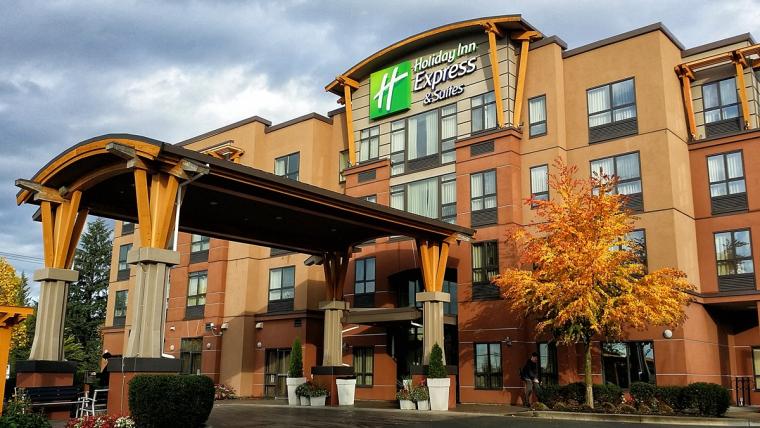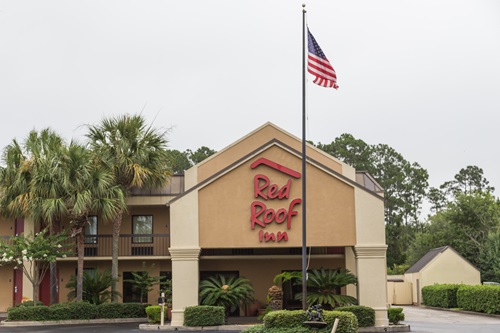
The hotel industry is not just strong, it’s expanding, according to a recent industry report.
According to Hotel Management, “the U.S. lodging sector has continued to outperform expectations even as the post-COVID travel and hotel booms of the last two years have mostly faded and operating performance metrics have come back down to earth.”
Consumers, it appears, might not still be reacting to pent-up demand, but they’re still traveling. One of the top performers in the marketplace are extended-stay properties and limited service properties. Hotel Management notes that each of these “is a cheaper alternative for customers, and it’s less expensive to build and operate, since it generally lacks food and beverage and entertainment and leisure services, which means less money spent on things like staffing.”
Last year, extended stay hotels registered an occupancy rate above 74 percent, outpacing the overall market’s 62 percent occupancy, according to STR data.
Sports tourism is a prime user of both extended stay and limited service lodging, and that, along with leisure and business travel, has been spurring the investment in construction of more of these. In fact, according to this estimate, over the past decade, global hotel brands have expanded their extended-stay portfolios by more than 50 percent, a compound annual growth rate of 7.1% versus 3.2% for the U.S. market as a whole.
And, notes EventTemple, “the growth of limited-service hotels has remained strong and steady in comparison to their luxury counterparts. With the evolving habits and preferences of consumers while traveling, limited-service hotels aren’t going anywhere anytime soon, which comes as great news for new and existing limited-service hotels.”
“They’re clearly seeing opportunities there, so that’s going to create new construction and new products, which will require new investment and financing from banks and lenders,” Aaron Jodka, Colliers research director for U.S. Capital Markets, told Hotel Management.
 HotelBeds.com also saw sports tourism as a spur of growth and noted that if hotels partnered with events, or even just offered themed tie-ins, they stood to ride the coattails of big events.
HotelBeds.com also saw sports tourism as a spur of growth and noted that if hotels partnered with events, or even just offered themed tie-ins, they stood to ride the coattails of big events.
Hospitality Insights backed that up, pointing out, “Visitors are willing to pay sums of money that often runs into the hundreds to [travel to events]. But in reality they want much more than watching a football match. When they buy a ticket, they want to live a whole experience and more and more, a personalized one.
Hotel Management says the benefits of sports tourism are only available to those who put the legwork into understanding clients. This includes understanding their scheduling, transportation needs and even nutritional preferences:
“According to Danielle Hover, group sales manager for the Westin Buffalo (N.Y.), whose clients include a number of sports teams, communication with your operations team on site throughout the teams’ stay is paramount to ensuring sensitive and high levels of service. Hover follows her clients’ social media and alerts managers on duty if the team is coming back from a win or a loss. “Being sensitive to players’ state of mind as well as all their other needs demonstrates how The Westin Buffalo is vested in the team’s success,” Hover said.
Lauren Bosch, director of sales and marketing at the Kimpton Hotel Palomar D.C., suggests building a strong relationship with the team’s travel manager. “These professionals are on the road the same amount as the athletes, and under different pressures to deliver. So catering to their needs as well as their players and coaches goes a long way,” she said.
Advice to owners and operators from Eric Hansen, president of Distinct Valuation and Consulting Group, is to be fully engaged in what is happening in the community relative to sports events. He adds, “Hotel owners can serve as civic leaders that help grow not only the community’s pride, but individual businesses as well.”
What else is pushing the growth of sports tourism and the resultant positive impact on hotel stays? Technology. A new demographic among travelers is the cleverly named “zoombirds:” those who travel to warm climates (or fun destinations of any temperature) and stay connected via videoconferencing platforms. Hotels increasingly are offering not only in-room Wi-Fi but internet cafes that are set up for such activity, making them favorites among working parents who travel to tournaments with their children.

